While it’s commonly known that dogs love to play fetch, some cats also enjoy this game, surprising their owners with their playful behavior. This intriguing phenomenon raises questions about felines’ instinctual drives, learning abilities, and unique personality traits that make them partake in this dog-associated activity.
The Instinctual Roots of Fetching
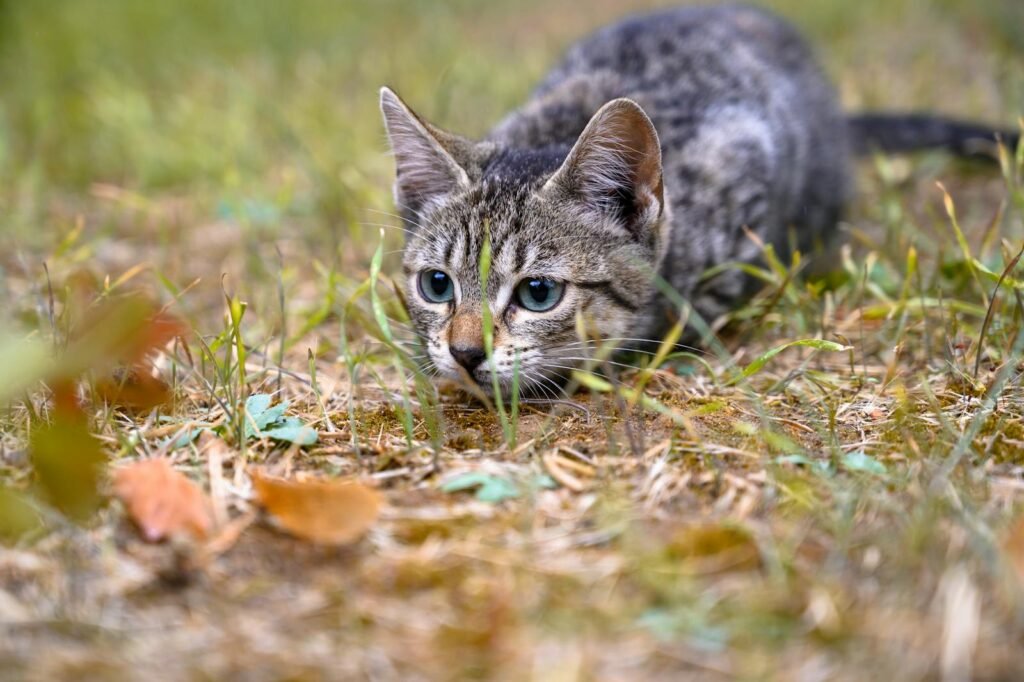
Cats, like their larger wild relatives, possess a strong prey drive. This instinct is deeply embedded in their behavior, motivating them to chase and capture moving objects. Fetch-playing cats may see the activity as an extension of hunting, turning their fetching into a simulated prey chase.
Breeds More Likely to Fetch
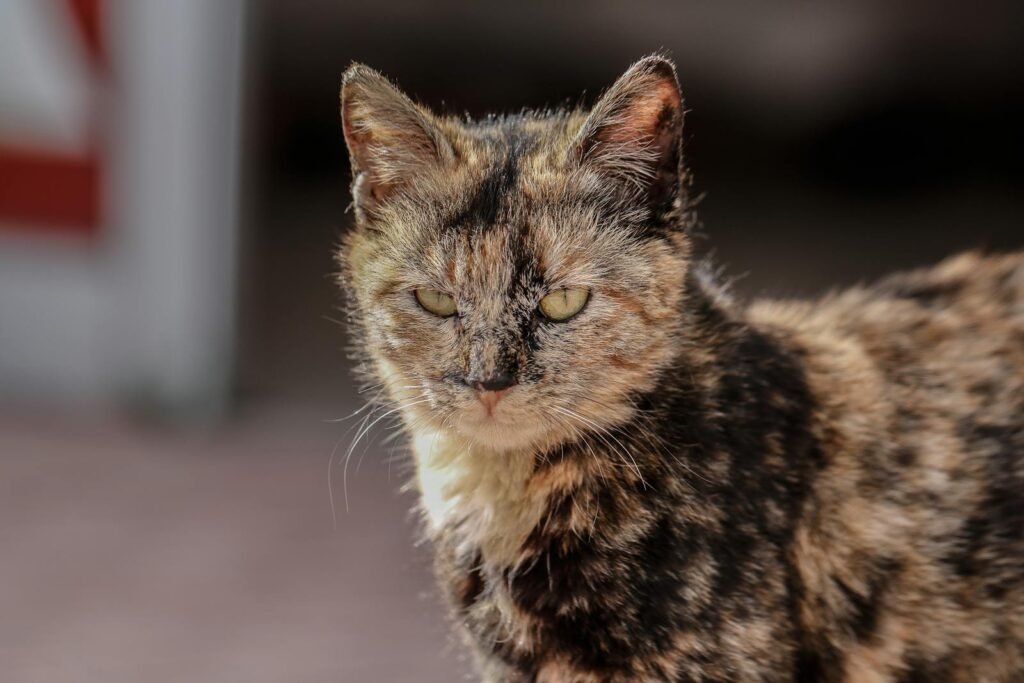
Not all cats are inclined to fetch; however, certain breeds are more predisposed to this behavior. Breeds such as the Abyssinian, Siamese, and Bengal are known for their playful and active natures, often exhibiting fetching behavior more frequently than other breeds.
Role of Early Socialization and Environment
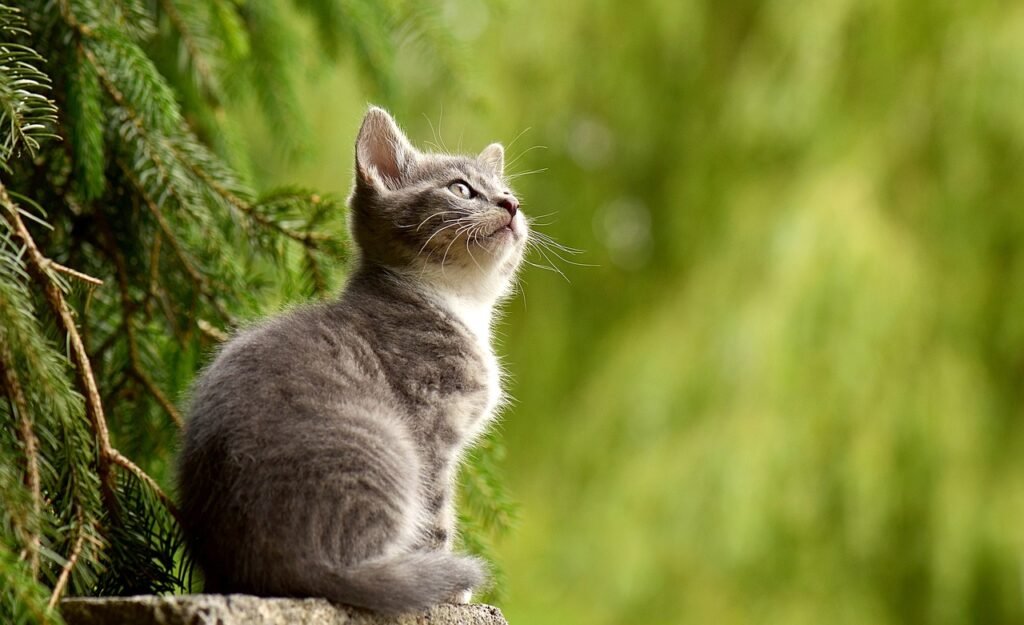
A cat’s environment plays a critical role in shaping its ability to fetch. Those raised in environments that encourage play from a young age might develop fetching skills as a result of early socialization, which fosters their playful and agile nature.
Understanding the Learning Process
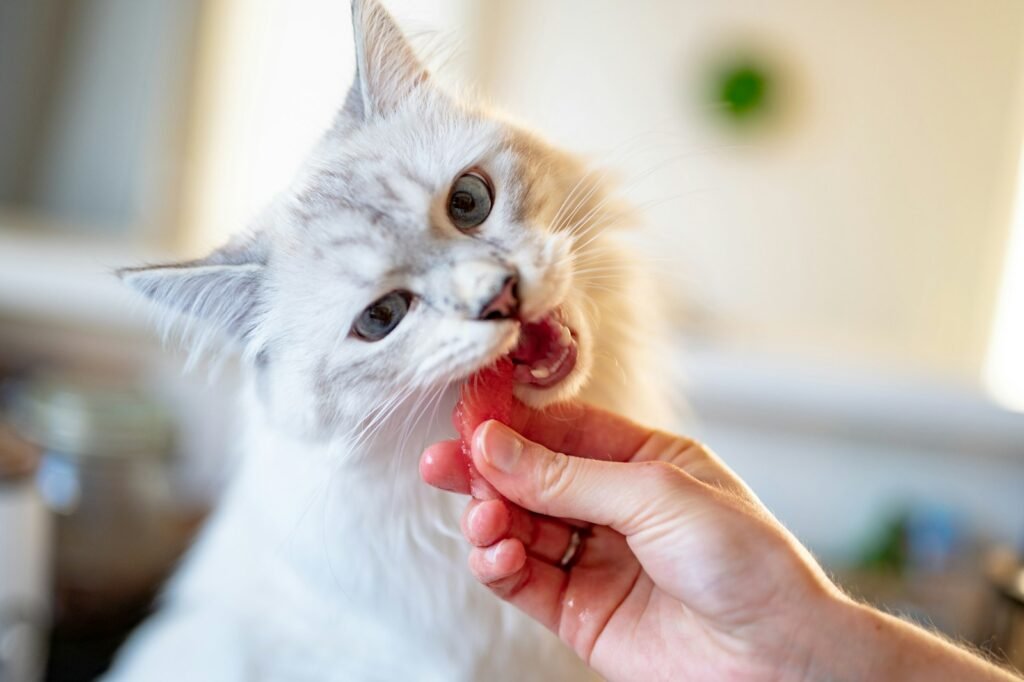
Cats are capable learners and can be trained to fetch much like dogs. This task usually involves associating fetching with rewards such as treats or praise, gradually reinforcing the desired behavior. Cats learn these activities based on positive reinforcement and repetitive practice.
The Influence of Play Drive
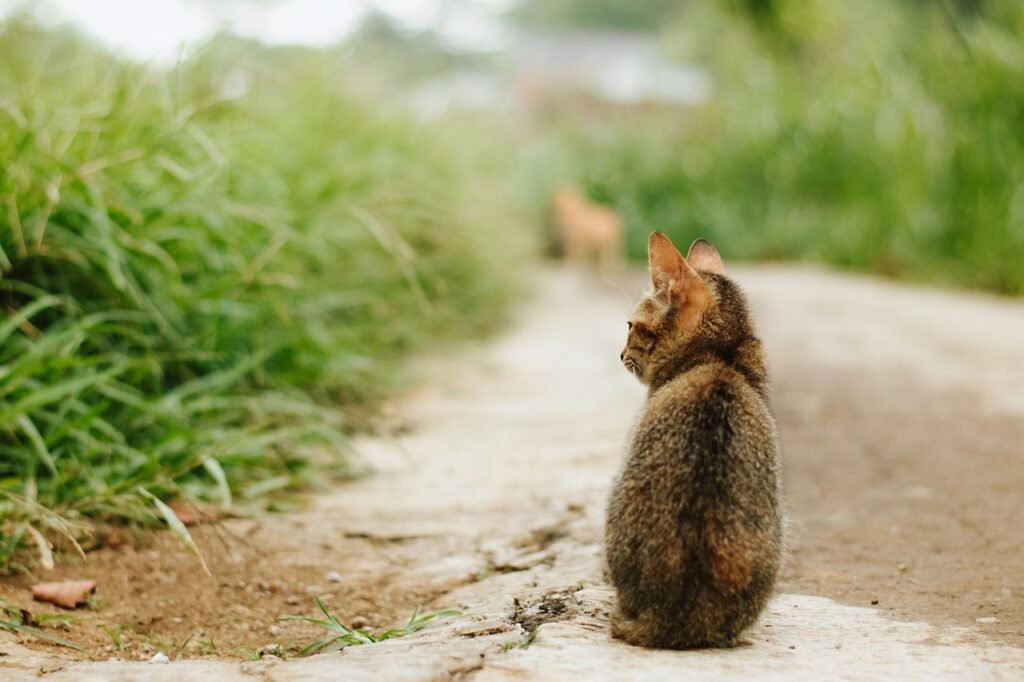
Each cat has a unique play drive intensity, affecting their willingness to fetch. Cats with a higher play drive, often visible as an incessant need for stimulation and activity, are more likely to engage in fetch.
The Role of Owner Interaction
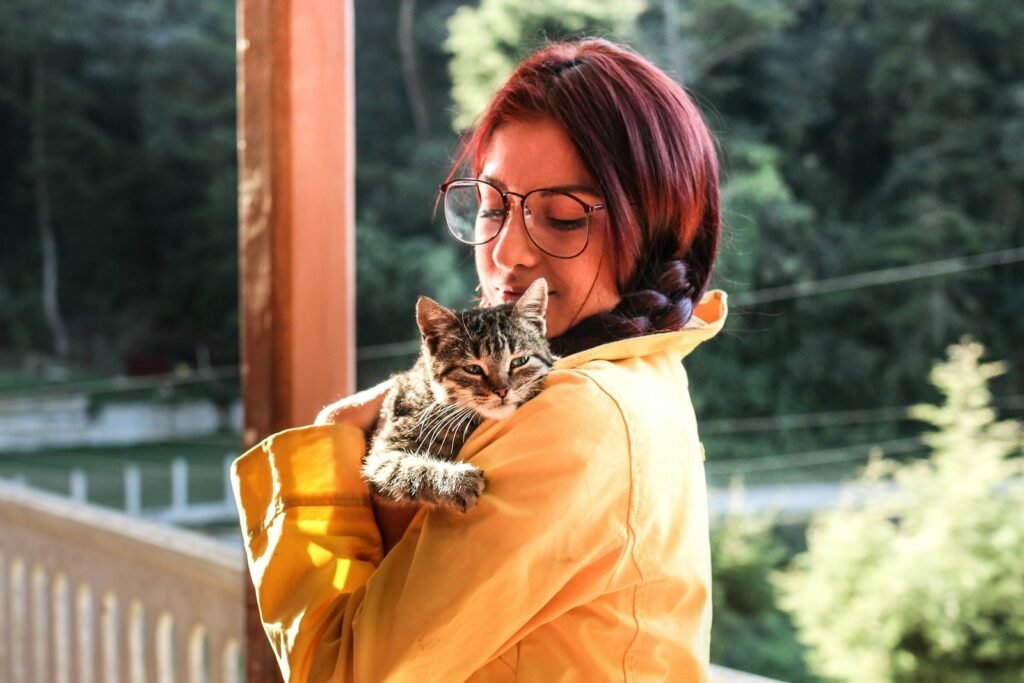
The bond between a cat and its owner can influence the extent of its fetching behavior. Owners who actively encourage and participate in playtime, offering toys and using interactive play techniques, help cultivate their cat’s interest in fetching.
Objects of Fascination: Selecting the Right Toys
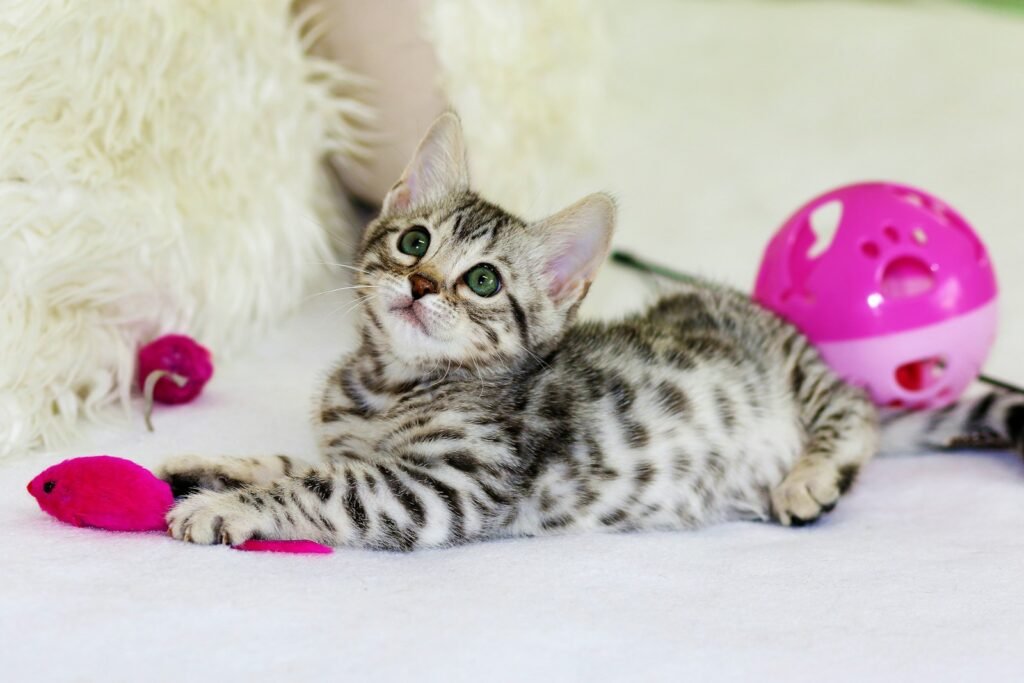
The type of object can greatly impact a cat’s desire to fetch. Ideal fetching toys are small, lightweight, and mimic typical prey in color or movement. Owners may need to experiment with different types to find the one that captivates their pet.
Personality Traits That Encourage Fetch
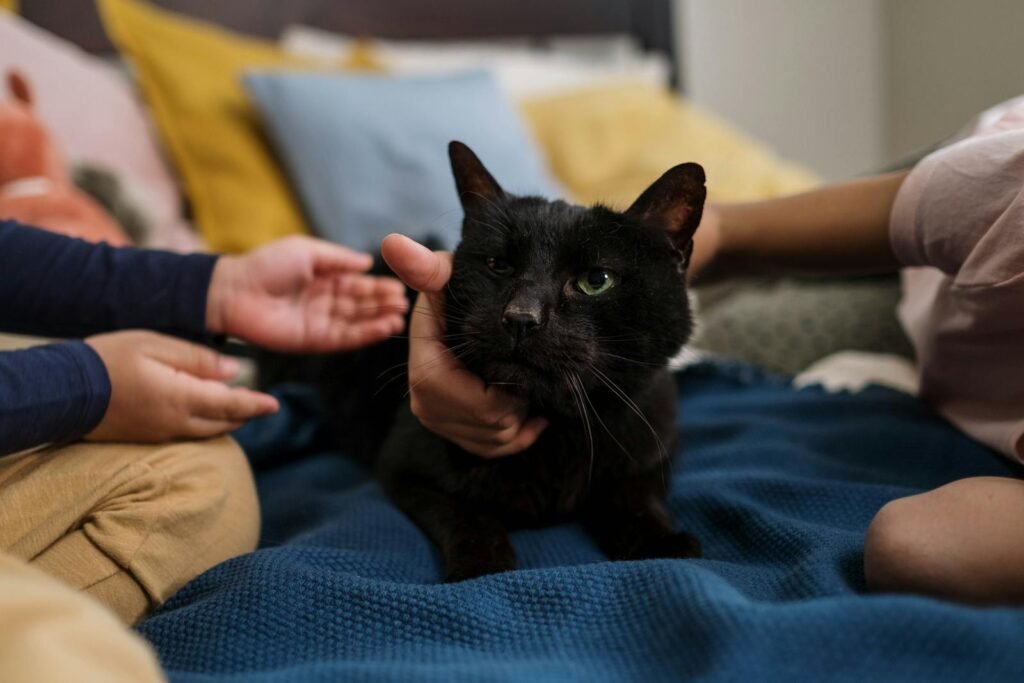
Certain personality traits can make some cats more likely to fetch than others. Cats who are naturally curious, energetic, and adventurous often show a greater tendency to engage in activities like fetching, as they seek to explore and play actively.
When Fetching Goes Beyond Fun: The Health Benefits
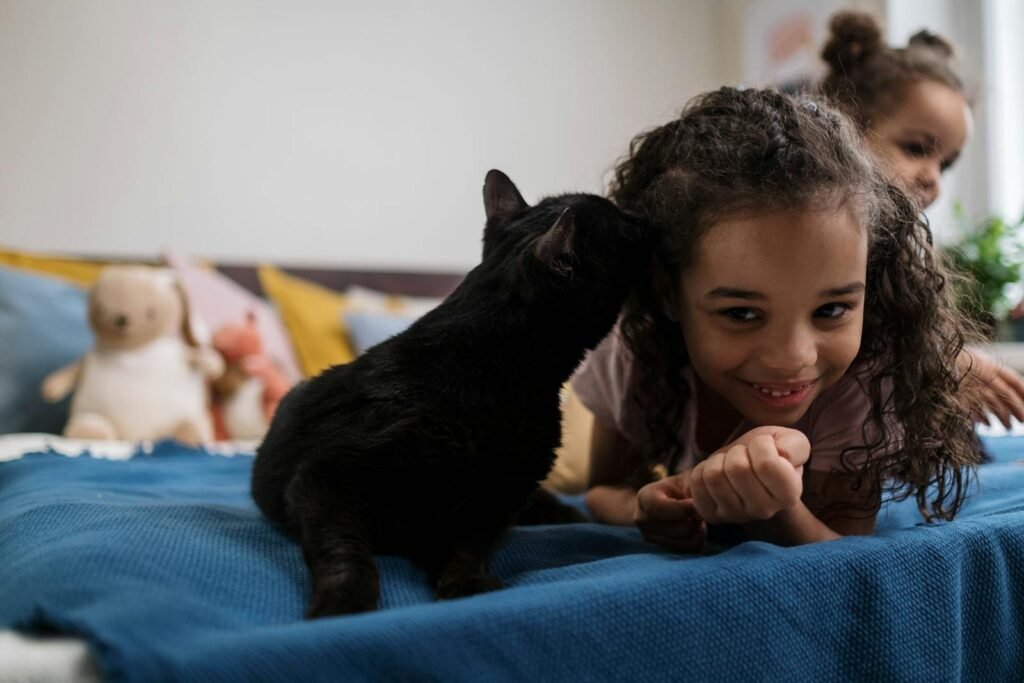
Besides fun, fetching provides numerous health benefits for cats. It offers physical exercise, mental stimulation, and strengthens the human-animal bond. These activities can help manage weight, reduce anxiety, and improve overall well-being.
Conclusion: Embracing Feline Diversity

Understanding that some cats love to fetch can enrich the pet-owner relationship and offer insight into the diverse personalities and abilities of felines. Celebrating these differences highlights the complex and fascinating nature of cats, appreciating them for their unique set of traits and behaviors.

Growing up traveling and experiencing new cultures and wonders, I have had a passion for nature, adventuring, photography, and videography. I am currently working towards a BSc in Biodiversity and Ecology at Stellenbosch University, and I hope to specialise in Marine Sciences one day.
Please send any feedback to Feedback@animalsaroundtheglobe.com






